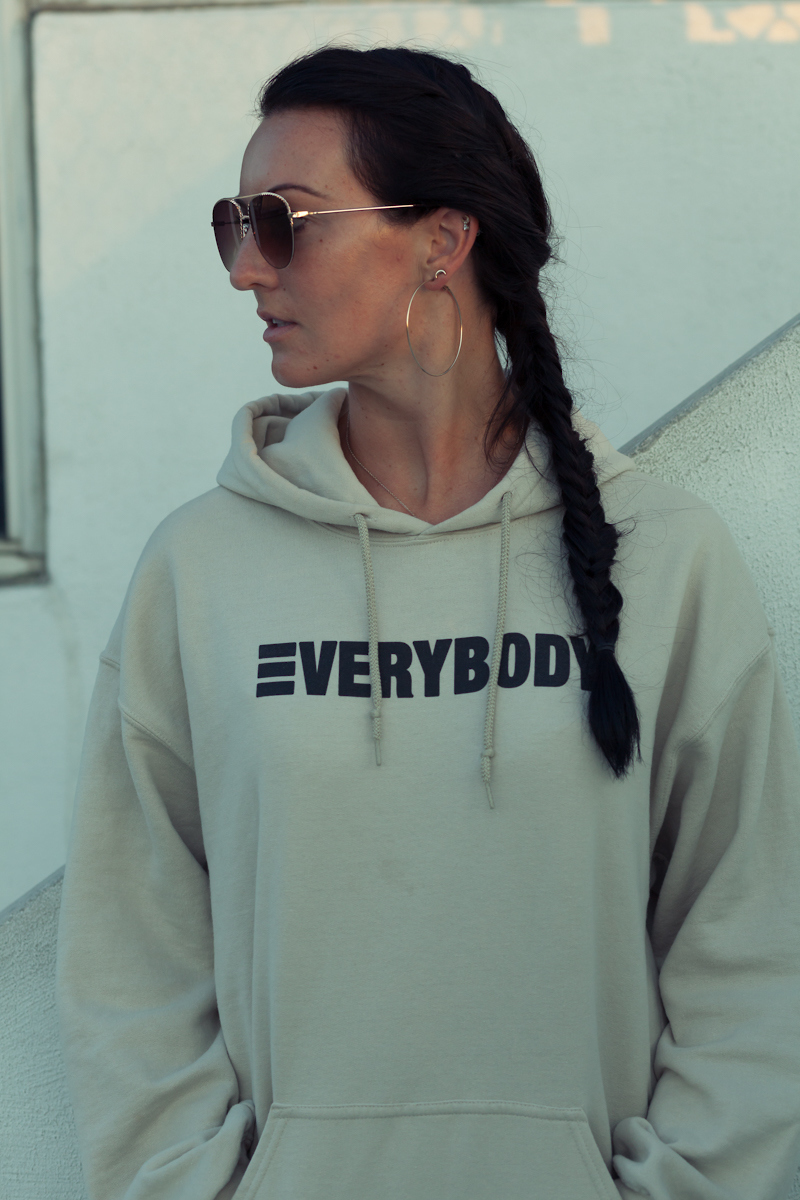
04 Apr How Young Athletes Can Take Care Of Their Minds During Crisis
Last night, I woke up at 2:00am.
Heart palpating.
Cold sweating.
Heavy breathing.
At first, I thought I was experiencing the onset of the Coronavirus.
Oh, no, buckle up I thought.
My heart began to beat faster.
My body temperature spiked.
My breath became shorter.
I struggled to return to deep, belly breathing.
I walked down my stairs with blurred vision on the verge of fainting.
I stumbled to my kitchen to fill a glass of water with electrolyte mix.
I affirmed to myself out loud I’m okay, I’m calm, I’m okay, I’m healthy, I’m fine.
I returned back to my three dimensional breathing through the base of my spine.
I brought my body back to homeostasis.
I calmed my mind.
Eventually, the intense sympathetic state of my body subsided, and I went back to my bedroom to hide under my blankets, and fell back to sleep in a blissful slumber.
The jolting experience lasted for a few minutes, until I got a grip on myself and leaned into the mindfulness techniques I learned over the years to calm down.
Deep breathing and speaking affirmations.
What I experienced was a panic attack, something that I’m not immune to as a coach, leader and role model.

I’m human, just like you.
And oh!
We’re in the middle of a pandemic.
Personally, I’m working remotely, serving hundreds of people, motivating, coaching, writing my heart out, transitioning a business, figuring out systems, barely squeaking in my own workouts, and providing valuable, free content to my audience during a worldwide crisis.
I pride myself in taking care of others. Being on time. Delivering quality services. Writing customized soccer strength and conditioning programs. Writing inspirational blogs. Responding to emails. Replying to overflowing DMs. Holding energetic Zoom trainings.
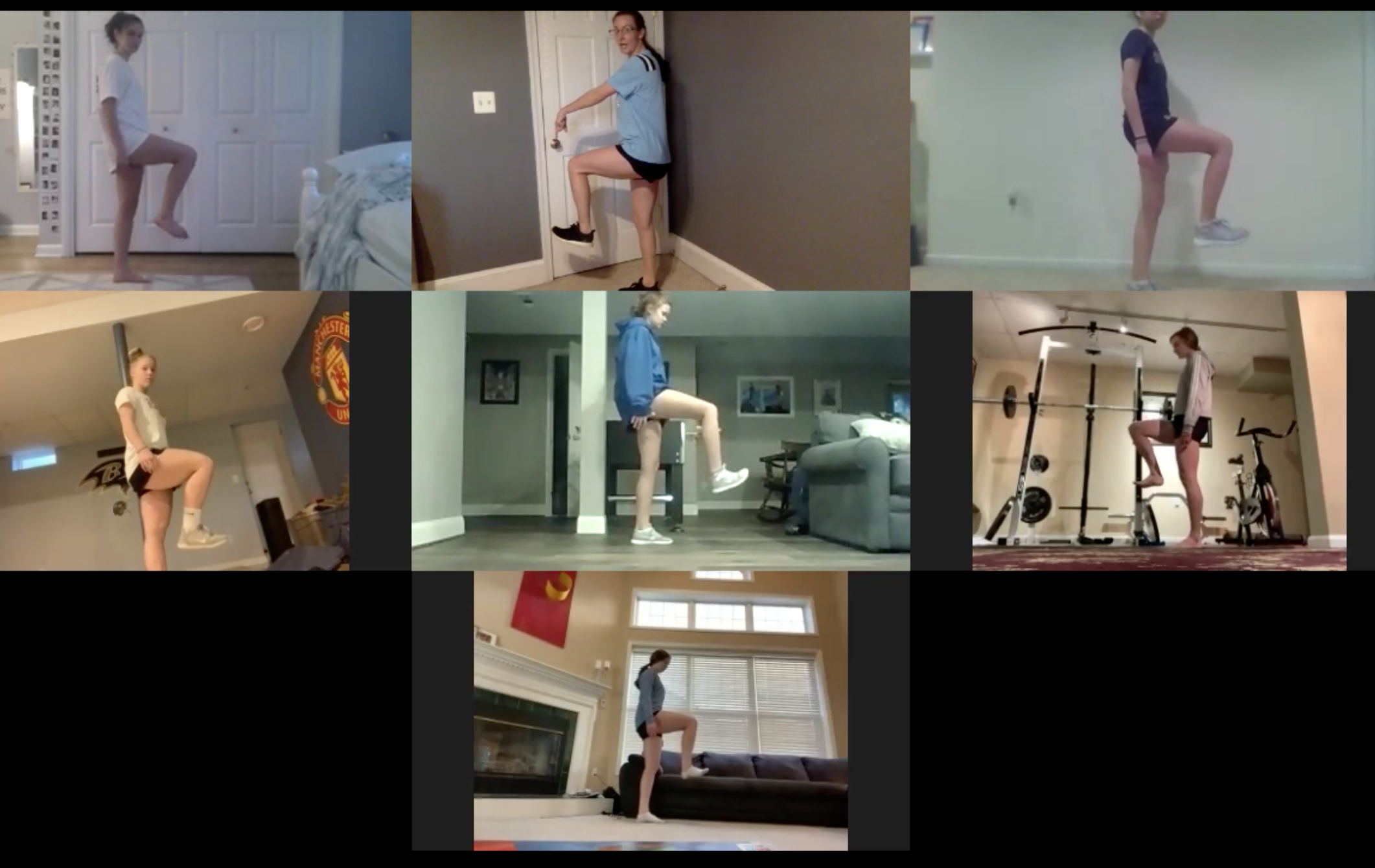
But yes, this can cause a panic attack in the middle of the night, especially after working 12+ hour days. 7 days a week.
Something I’m not used to – overworking, while emotionally navigating a global crisis.
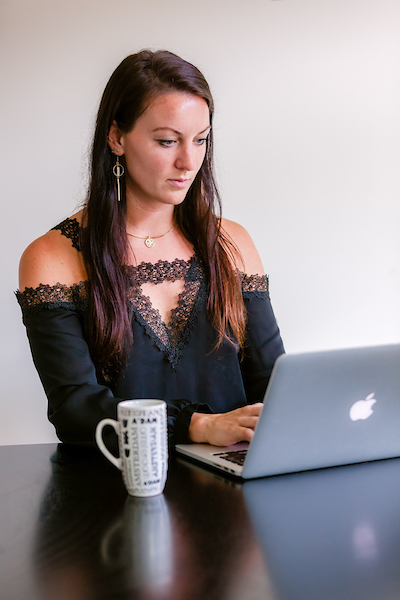
It didn’t use to be this way.
I would go to the gym facility, coach for a handful of hours, work out, then go home and snuggle with my cat.
Now? It’s a different ball game. There’s so much to do, so much to plan for, and so much to strategize, that I’m still settling into a routine.
Yes, it’s getting better.
Yes, I’m moving in a new direction.
And yes, I’m firmly setting boundaries after my panic attack wake-up call.
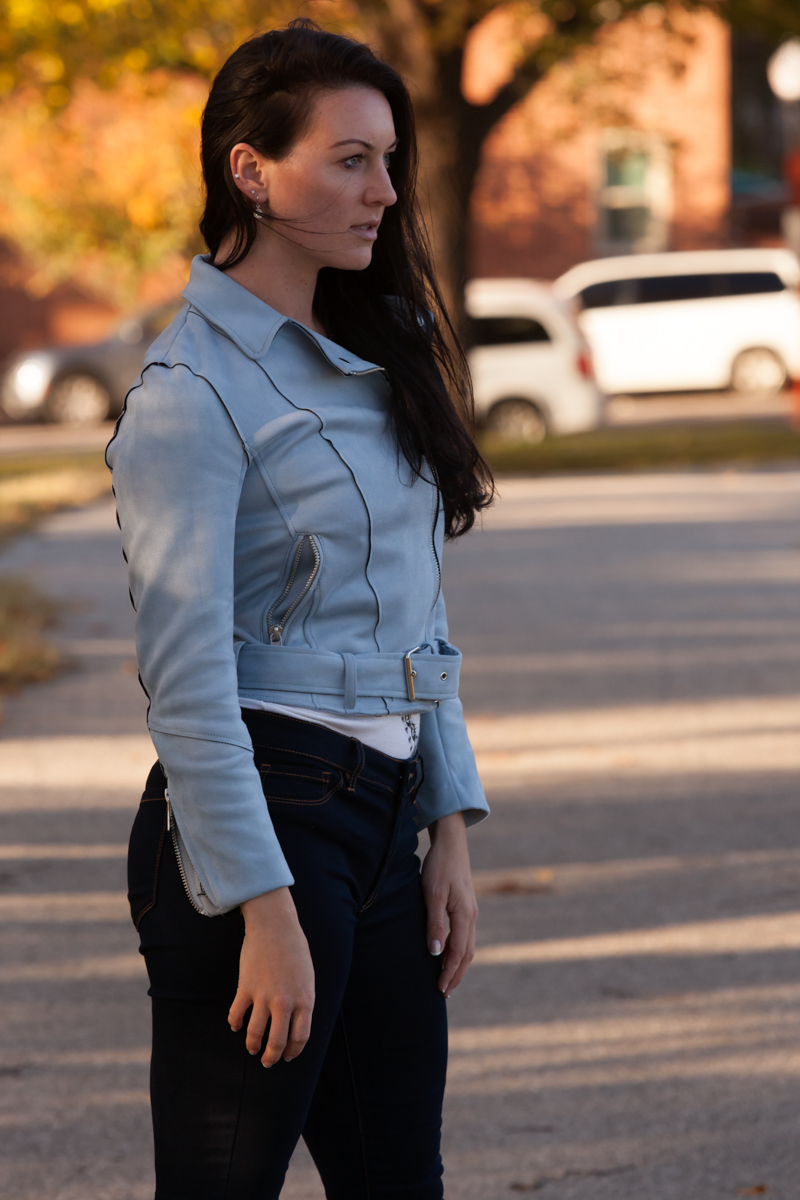
But still, I’m dealing with the residual effects and paying the price of a month of sympathetic nervous system overload.
I’m sure many of you can relate.
The remote life is far from Netflix and chill, and in fact, is DOUBLE the amount of hours.
Double the amount of emotional duress.
Double the amount of mental exhaustion.
I don’t care if you’re a yogi, mindset coach, positive psychologist, mental training guru, or phD, sports parent, professional coach, everyone is susceptible to these feelings of being overwhelmed during this time.
And they’re valid.
Let me explain…
I’d be doing a disservice to everyone out there if I spat toxic positivity all over my social media platforms.
Yes, I love infusing love and joy into everyone’s lives, but I also need to be realistic and not discount people’s feelings.
Sure, I could shout, “just be grateful and you’ll be okay!” or “return to the present moment and your fears will go away!” or “just meditate and go outside and play!”
Yes, I meant for all of that to rhyme. ;-O
Alas, I digress.
Yes, be grateful you have a roof.
Yes, be thankful you’re healthy.
Yes, be appreciative you’re not unemployed.
Yes, be happy you have a fully stocked pantry.
But also…
Be worried of an uncertain future.
Be scared you could catch the virus or give it to someone else.
Be pondering the status of your employment.
Be overwhelmed with online homework.
Be stressed with remote work with the kids home.
Be fearful of providing your family with food.
Too, it’s okay to feel all of the feelings – from gratitude, to optimism, from fear, to pessimism.
Moreover, it’s okay to talk about your feelings.
Not just to yourself, but to loved ones and friends and family.
Because yo.
Everyone is going through the same blizzard of emotions and struggling to weather the mental storm.

Now, more than ever, the human psyche is being tested, and its natural default of repressing and ignoring is not going to suffice right now.
To that end, can humans reflect, reconnect, and reunite?
Can humans lean into the fullness of their feelings and share them with the world?
After all, we thrive on relating to one another. We thrive on being in a community. We thrive on deep connection and emotional intensity.
So I urge you to feel your feelings.
And then share your feelings.
Yes, your friends will still like you. Yes, your loved ones will accept you. Yes, your teammates will admire you.
With that said, can you call a friend? Can you admit to them how freaking scared you are? Can you both have an enlightening conversation, let the walls down, open up, and provide one another with solace?
Coming back to my panic attack, when I told my best friend about it and how terrified I was, she replied with, “oh my gosh. ME TOO. I totally understand the amount of duress you’re going through working remotely and trying to take care of others as well as yourself.”
I mean, it’s Empathy 101…something more people should possess, anyway.
Especially coaches.
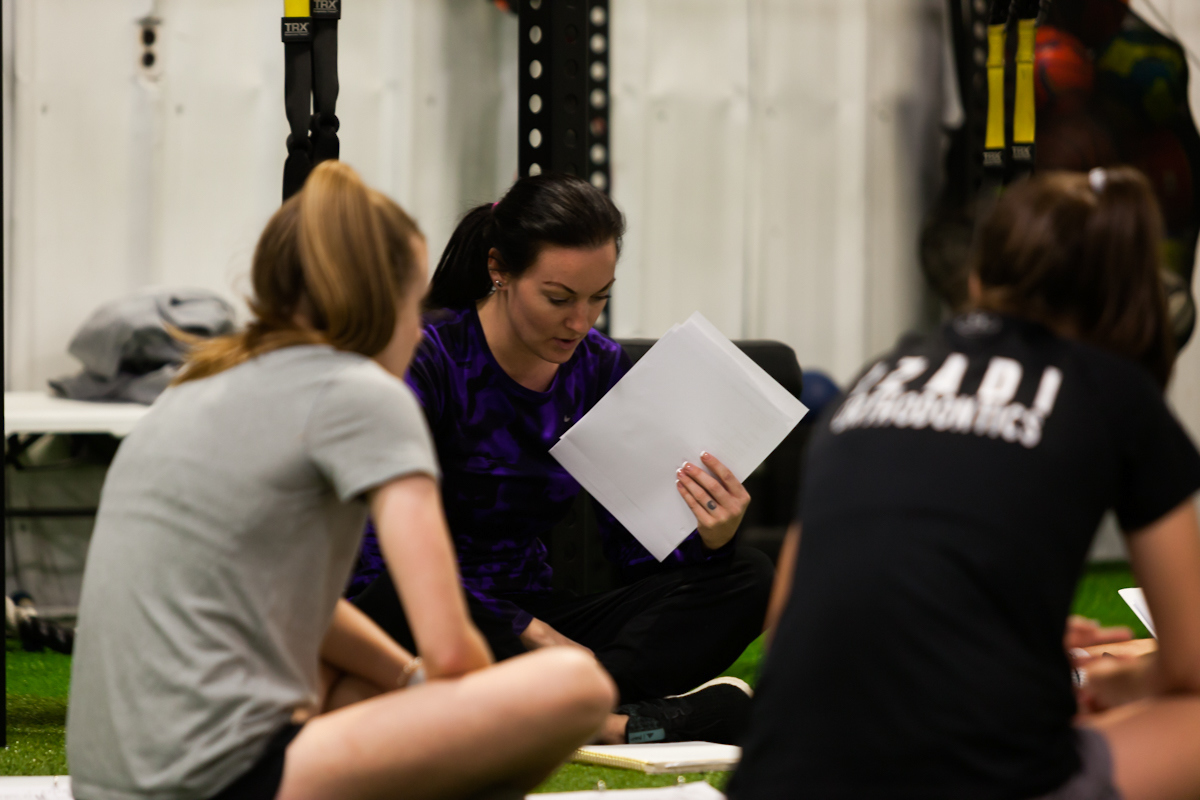
I felt so heard when she said that.
I felt relieved and comforted.
I felt appreciated and loved.
Truthfully, I’m so glad I shared myself fully with her.
I mean, let’s think about her alternative reaction.
What if she said, “suck it up, Erica, just be grateful you’re not on the front lines in the hospital!”
I would’ve felt dismissed and frustrated and disconnected.
Yes, nurses are heroes and should be lauded, but everyone has the right to feel scared out of their minds, stressed to the bone, and worked to death.
So I urge you, feel your feelings now.
Connect with your family and friends.
Let yourself be heard.
Don’t hold it in.
Now is the time to be self aware, very aware.
Feel your feelings.
Share your feelings.
Let others hear them. <— to my fellow coaches, it is important to hear your young athletes during this time.
Have them reflect. Have them journal. Have them set intention each day.
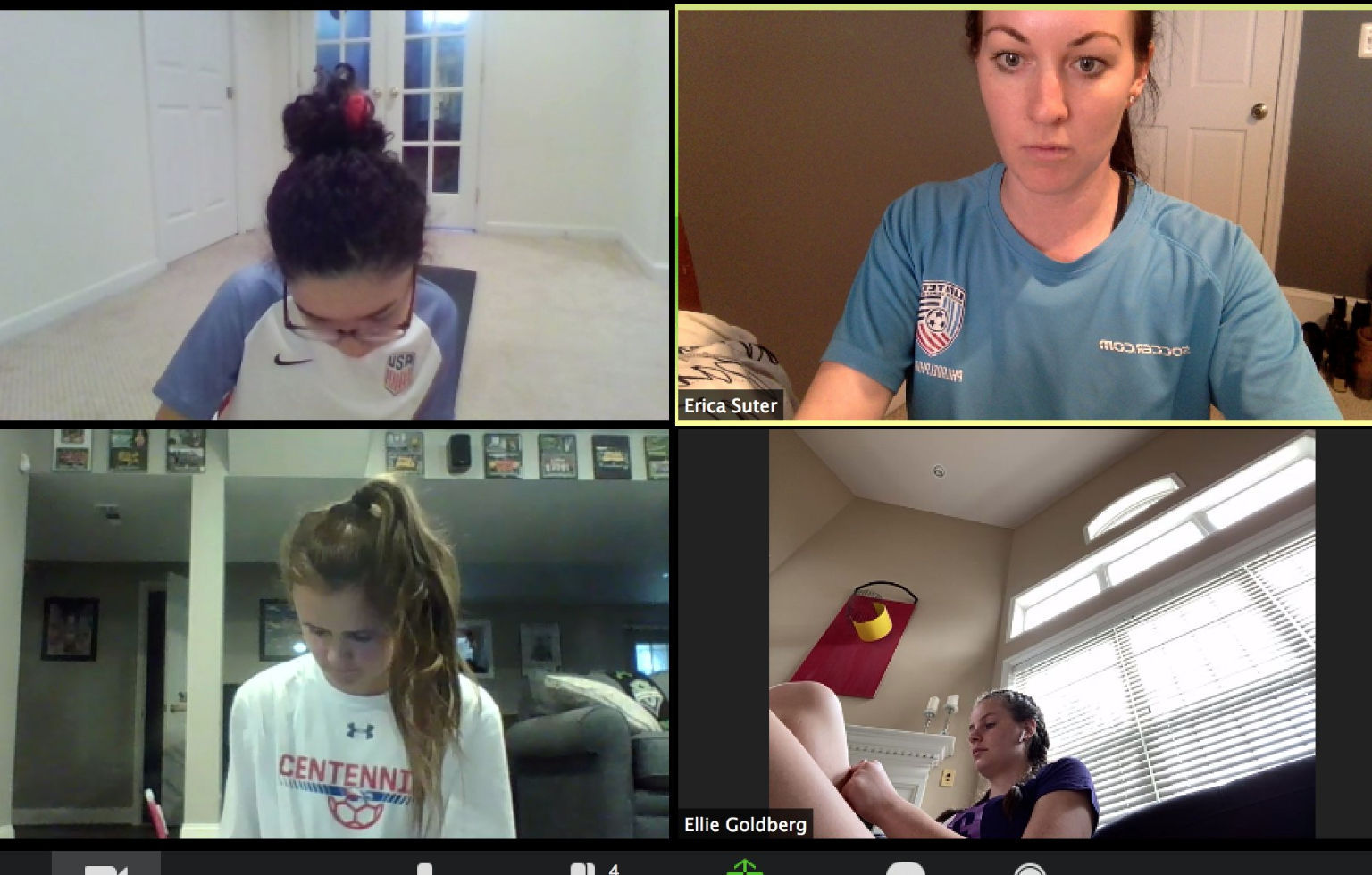
Some other thoughts:
– If you’re stressed, set boundaries. What has worked for me: phone off for two hours a day, not replying to emails on weekends, writing programs on weekday mornings only, going for plenty of walks, reading, sitting still with my thoughts for an hour a day.
– Eating well. Nourishing with plenty of water, vegetables, fruits, and fish.
– Laughter. Calling my friends who I have ridiculous inside jokes with has helped. Reflecting on fun times. Memories. Joy. This has been immensely healing.
– Deep breathing. This helped me keep my panic attack short. For all but two minutes I was freaking out, then it faded away, thanks to deep breathing.
– Spoken affirmations. I find this helpful now that we all have the time to reflect on our strengths. Can you speak out loud what you’re good at and what your talents are? Writing is good, yes, but the speaking your strengths out loud has immense benefit. During my panic attack I said I’m calm, I’m okay, I’m not threatened and my heart rate calmed quickly. Speaking is powerful.
– Reflect on your accomplishments. We are so caught up in school, work, and other assignments, that we don’t take the time to reflect on what we’ve done. What is something major you achieved in the last year? Pat yourself on the back.
– Other hobbies. I’ve whipped out my clarinet. It has been so nice to make music again and do something that taps into a different corner of my brain.
– Outsourcing. I recently just hired an assistant to support me on my admin work. She is a boss. And she’s saving my life. Who can you ask for help?
I hope this article spoke to you. I wanted to be as open as possible because I know deep down everyone is feeling a lot of feelings now.
Of course, everyone copes differently, and some may need professional help beyond talking to family and friends.
Just know that sharing your feelings is for the best, mentally and emotionally.
When you share yourself with the world, the human condition shines through, and reconnects you with yourself, and with others.
Movement is healing. To become empowered through exercise, get the Total Youth Soccer Fitness Book HERE.

To become a part of my remote youth athlete community, as well as physically and mentally strong, book a discovery call with me HERE.
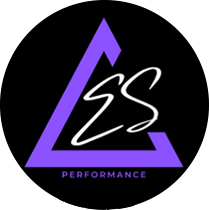

No Comments